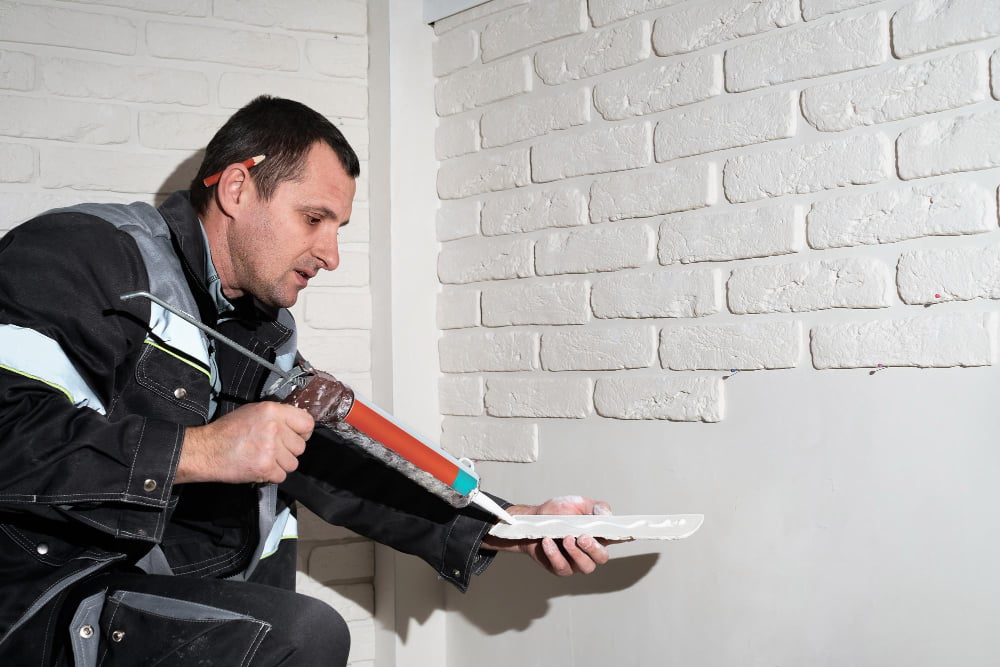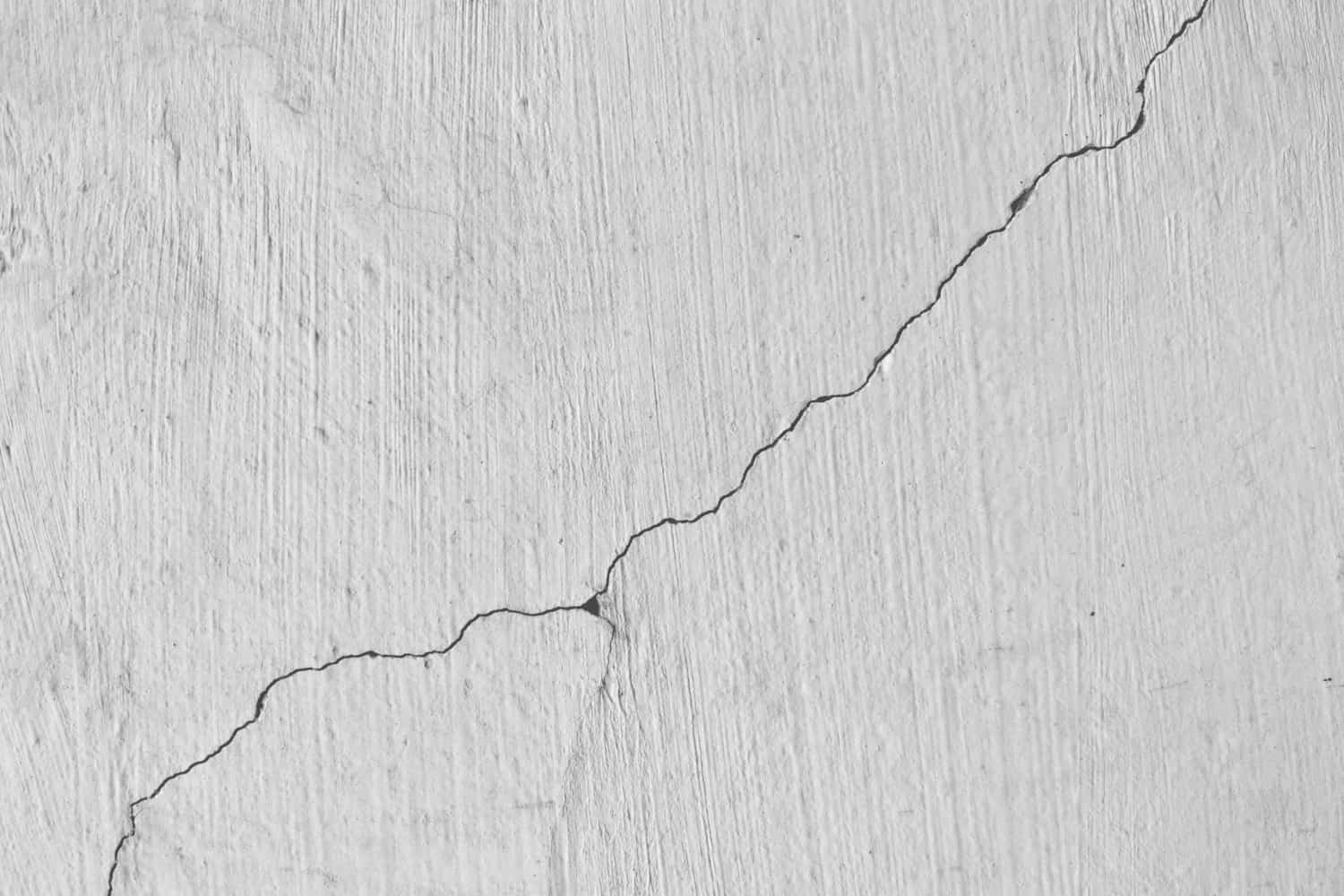As a homeowner, keeping an eye on the condition of your foundation is essential for the overall health of your house. One of the more concerning signs of foundation damage is horizontal foundation cracks. These cracks, often visible on the exterior or interior walls of the foundation, can signal serious structural issues. Unlike vertical cracks, which can appear as the house settles over time, horizontal cracks often point to pressure building up against the foundation. If not addressed quickly, these cracks can lead to bigger problems such as bowing walls, water seepage, and even a weakening of the entire foundation.
We understand how important it is to catch issues with your foundation early. In this blog, we’ll explain what causes horizontal cracks in foundations, how to prevent them, and when it’s time to seek repair. If you’re in Oklahoma City and need professional help, we’re here to offer our professional services in foundation crack repair in Oklahoma City.
What Causes Horizontal Cracks?
Horizontal cracks in your foundation usually occur because of external pressures that push against the walls. Unlike cracks that form due to settling or aging, horizontal cracks are a clear indication of significant force being exerted on your foundation. Below are some of the main causes behind these types of cracks:
Hydrostatic Pressure
One of the leading causes of horizontal cracks is hydrostatic pressure. When heavy rainfall, snow, or even poor drainage around the home causes the soil to become saturated with water, it creates significant pressure against the foundation walls. The more water that builds up around the foundation, the more pressure it places on the walls, especially if the ground around the house is sloped toward the foundation.
In areas with improper or insufficient drainage systems, the water around the foundation doesn’t drain away effectively. This trapped water can lead to hydrostatic pressure, which is one of the main culprits of horizontal cracks. As this pressure increases, it can cause the foundation walls to crack horizontally, compromising the integrity of your home’s structure.
Expansive Soils
Another common cause of horizontal cracks is expansive soils, which are especially common in areas with clay-rich soil. Expansive soils tend to expand when they absorb moisture and shrink when they dry out. This swelling and shrinking movement can create a lot of stress on your foundation.
As the soil moves, it can put significant pressure on your foundation walls, eventually leading to cracks. The horizontal cracks form as the soil expands against the foundation in one direction. Over time, this constant movement can weaken your foundation and lead to more significant issues, including bowing walls.
Overloading the Foundation
In some cases, overloading the foundation can result in horizontal cracks. Overloading occurs when the weight of the house or external factors (such as an addition, heavy equipment, or improperly distributed weight) causes uneven stress on the foundation walls. This excess weight can push against the walls, causing horizontal cracks to form. In cases like this, the foundation is unable to bear the additional load and begins to crack under the pressure.
Foundation Settlement or Shifting
Foundation settlement, which occurs when the foundation shifts unevenly or sinks due to soil erosion or poor construction, can also lead to horizontal cracking. If part of the foundation settles more than other parts, the shifting can cause the foundation to buckle under pressure, resulting in cracks. While vertical cracks are more common with settlement, significant shifting or pressure can lead to horizontal cracks as well.
Join Tiranga Game for nonstop fun! Tiranga Game is India’s fastest-growing online gaming platform, offering a thrilling mix of skill-based games, real-money tournaments, and exciting Tiranga Lottery opportunities
How to Avoid Horizontal Cracks
Preventing horizontal foundation cracks begins with proactive measures to reduce the pressure on your foundation walls. Here are some steps you can take to help avoid the formation of horizontal cracks:
Improve Drainage Around the Foundation
The most effective way to prevent hydrostatic pressure is by managing water around your foundation. Ensure that your home’s gutters and downspouts are clean and functioning properly. Water should be directed away from the foundation to avoid any build-up around the base of your home. If necessary, consider installing French drains or foundation drainage systems to direct water away from the foundation more effectively.
Install Foundation Waterproofing
Another effective prevention method is installing a waterproofing membrane or coating around your foundation. Waterproofing will prevent water from seeping into the walls and creating hydrostatic pressure. It can also help reduce the risk of water damage to your foundation. Make sure to hire a professional to ensure the waterproofing system is installed correctly.
Soil Stabilization
If you live in an area with expansive soils, soil stabilization can help minimize the movement that leads to foundation issues. Techniques like soil compaction or using stabilizing agents can help prevent the soil from swelling and shrinking, reducing the pressure on your foundation. In some cases, soil injection methods can be used to stabilize the soil beneath the foundation.
Foundation Reinforcement
If you’re concerned about the weight distribution on your foundation, reinforcing the foundation walls can help. This can involve installing steel braces or carbon fiber supports that add strength to your foundation and help distribute the pressure more evenly. It’s essential to have a professional foundation contractor assess your foundation and recommend the right reinforcement techniques for your home.
Regular Foundation Inspections
One of the best ways to avoid serious issues is to have regular foundation inspections. Early detection of potential problems like minor cracks or moisture buildup can help prevent more significant issues from developing. A professional inspection will identify any signs of stress on the foundation, allowing for timely intervention.
When to Ask for Repair for Horizontal Cracks

Horizontal cracks are usually an indication that something is wrong with your foundation. While smaller cracks may not be immediately dangerous, it’s important to act quickly if you notice any of the following signs:
- Widening Cracks: If the horizontal cracks continue to grow or get wider, it’s a sign that the pressure on the foundation is increasing and needs to be addressed.
- Water Seepage: If water is coming through the cracks, it indicates that the foundation’s integrity is compromised and needs immediate attention to avoid further damage to the foundation and interior of your home.
- Bowing or Leaning Walls: Horizontal cracks that are accompanied by walls that are bowing or leaning indicate severe structural damage. This requires immediate repair to prevent further collapse.
- Uneven Floors or Doors That Won’t Close: If you notice that your floors are uneven or doors are difficult to open and close, it could be a sign of foundation movement. Horizontal cracks might be the cause, and professional repair is necessary.
If you notice any of these signs or suspect you have horizontal foundation cracks, don’t hesitate to seek help. Ignoring the issue can lead to costly repairs and more extensive damage to your home.
Protect Your Home with Professional Foundation Crack Repair
If you’ve discovered horizontal foundation cracks or are worried about the structural health of your foundation, don’t wait until it’s too late. At Bill’s Custom Concrete, we are skilled in foundation crack repair in Oklahoma City. Our team of professionals can assess your foundation, identify the cause of the cracks, and provide reliable solutions to restore the integrity of your home. As one of the leading concrete companies in OKC, we offer high-quality repair services to ensure your foundation remains strong and secure. Call us today at 405-755-3975.

